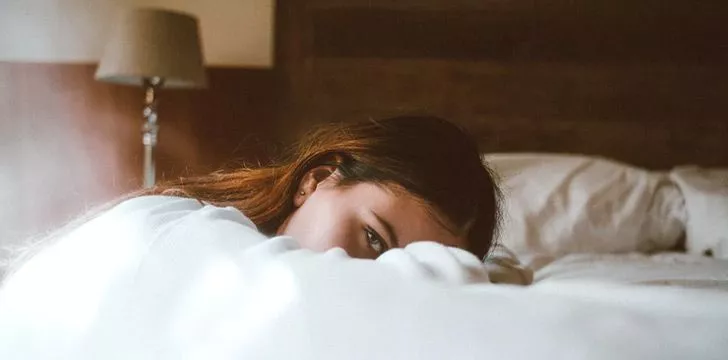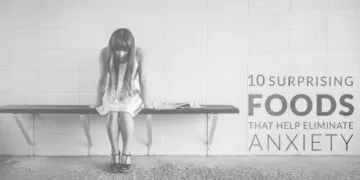Many people consider puffy and dark under-eye circles as the worst consequence of their sleep-deprived lifestyle; however, they are just the tip of an iceberg.
Since those changes are on our face, they are so easy to notice, but also easy to cover with a dash of makeup.
What we do not see right away is what sleep deprivation is doing to the rest of our body, inside and out.
So today, we are going to point out the negative consequences of sleep deprivation.
Why are We Sleep-Deprived?
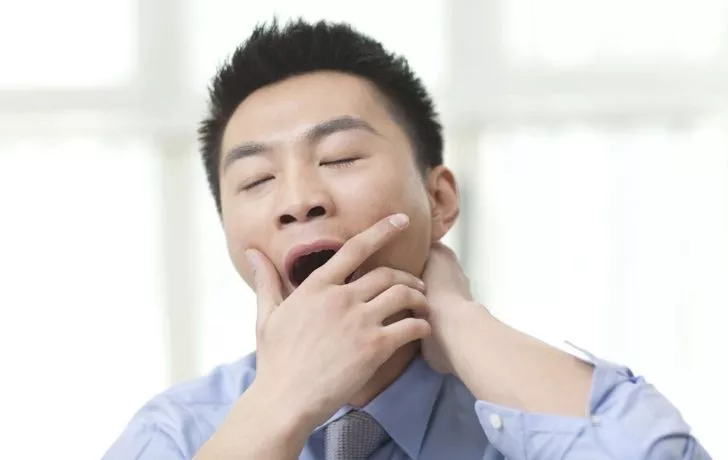
Insufficient sleep or sleep deprivation can be an acute or chronic condition, and it occurs as a result of periods during which we regularly sleep less than 7 hours at night.
There are plenty of reasons why we are a sleep-deprived nation, but in most cases, it is because we choose that.
We can make those changes that would bring back our sleep into balance, but why is it so hard to do so?
Like an epidemic, sleep deprivation is striking all generations; whether you are a shift worker or a student with a hectic schedule, you have undoubtedly experienced the “perks” of sleep deprivation at least once.
According to the American Sleep Association, around 35% of adults sleep less than 7 hours, while the adequate amount of sleep for adults is from 7 to 9 hours.
Although the consequences and risks of sleep deprivation are often mentioned, it seems that that is not enough for people to start questioning habits that are jeopardizing their health.
Besides apparent downsides such as fatigue, daytime sleepiness, mood swings, and eye bags, below, we have listed some of the more severe side effects of sleep deficiency.
Weak Immune System
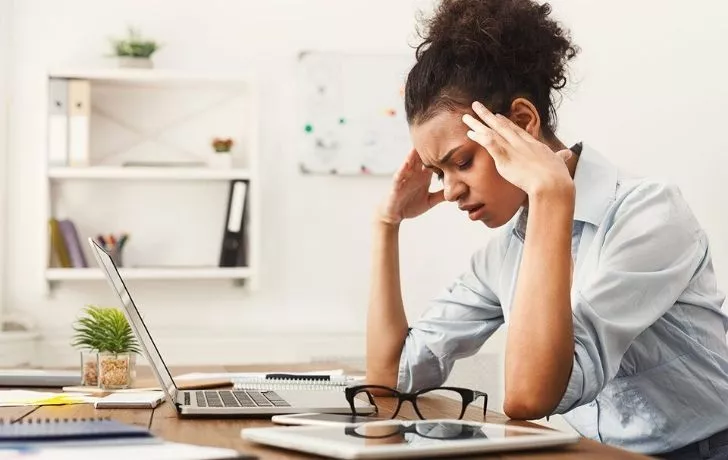
While we are sleeping, our body is working and producing protective substances like cytokines, which are responsible for fighting different bacteria and viruses.
Lack of sleep is preventing the optimal production of these substances and weakening our immune system, making us more prone to various infections and diseases.
Weight Gain
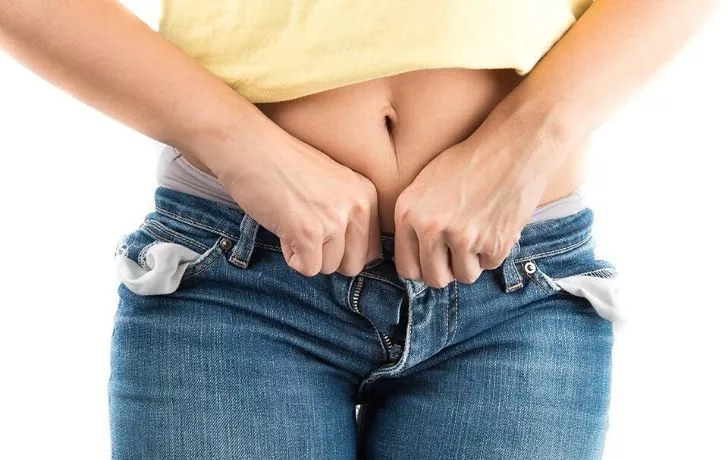
Lack of sleep can increase our appetite. When we are sleep-deprived, our body produces less hormone called leptin, which is in charge of our feeling of satiety, and more ghrelin, known as the hunger hormone.
This explains why food cravings and late-night snacking can quickly become another unhealthy and addictive habit.
Due to changes in our appetite, many people who regularly sleep less often experience weight gain and have an increased risk of diabetes.
Hypertension
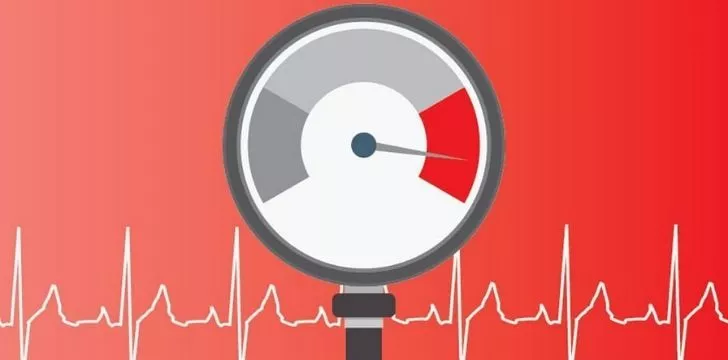
In more severe cases, when the person is getting less than 6 or 5 hours of sleep, there is a higher risk of hypertension.
Sleep regulates the level of our stress hormones, so when we are not getting enough of it, our body’s ability to control stress is jeopardized, and it leads to higher blood pressure.
Memory Impairment

Our attention and memory are also suffering when we are not getting enough sleep, which can lead to even fatal consequences if we are, for example driving.
However, with only one night of adequate sleep, our memory can be improved, which shows how powerful sleep is.
Decreased Fertility
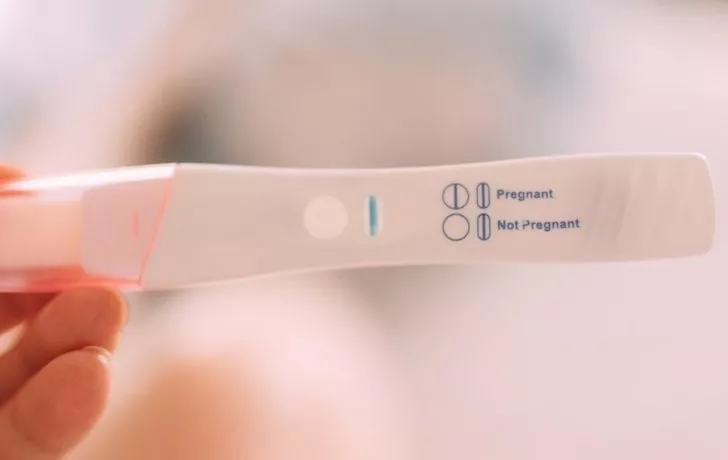
Not only that lack of sleep lowers libido, but it also has a devastating impact on people who are trying to conceive.
The production of reproductive hormones is regulated by the same parts of the brain, which controls our circadian rhythm.
Sleeping less than seven hours lowers the level of testosterone and other hormones which control ovulation.
Psychiatric Disorders
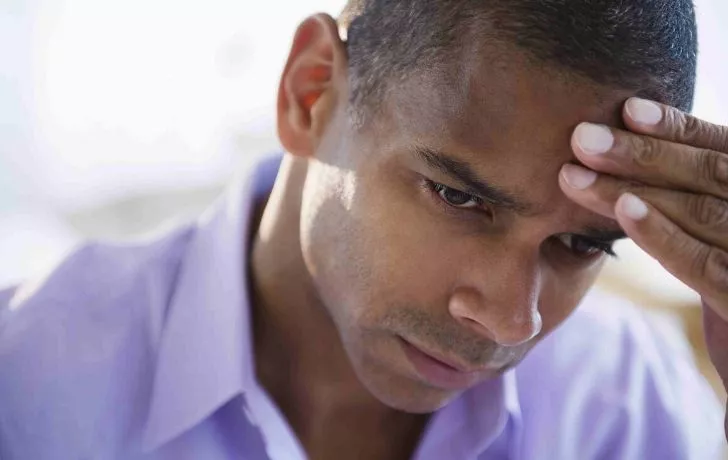
In extreme cases of chronic sleep loss, there is a risk of developing mental disorders.
It was believed that psychiatric problems trigger sleep issues since almost all patients experience some difficulties with their sleep.
But it seems that it can also go the other way around since sleep-deprived people can go through the pendulum of elevated emotions.
Their symptoms can resemble those of schizophrenia and include hallucinations, paranoia, disorientation, etc.
Looking Older
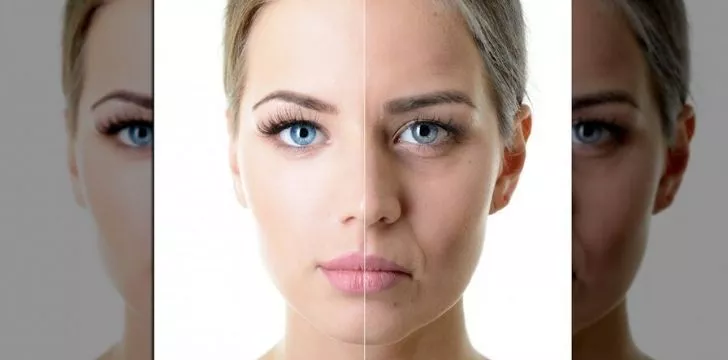
If you thought that beauty sleep is a myth, you were wrong.
Healthy sleep routine is one of the reasons why many people look so fresh and young.
During sleep, our body produces a higher amount of growth hormone and restores all the cells in our body, which works like a process of rejuvenation for our skin and muscles.
With short sleep, we do not get that, which is why our skin tends to look pale, grayish, and tired.
How to Get Your Sleep Back?

Getting more sleep is one of those things that are easier said than done, and people who are sleep-deprived for weeks or months should look for professional help.
At a sleep clinic, you can do a sleep study which will examine your current sleep routine and diagnose a sleep disorder.
Getting a diagnosis is a first and easiest step because in most cases, successful treatment requires behavioral changes.
It takes some time to pay off your sleep debt, but it is worth it.
You need to organize your time so that you can actually sleep for 7 or 8 hours. Create a bedtime routine which includes relaxing rituals, and try going to bed and waking up at the same time.
After a few days, it will all be much easier, and you will quickly start feeling better.
Medications are prescribed only when other treatments are not showing any effects.
However, many over the counter sleep pills can develop an addiction without solving the problem.
Prevention
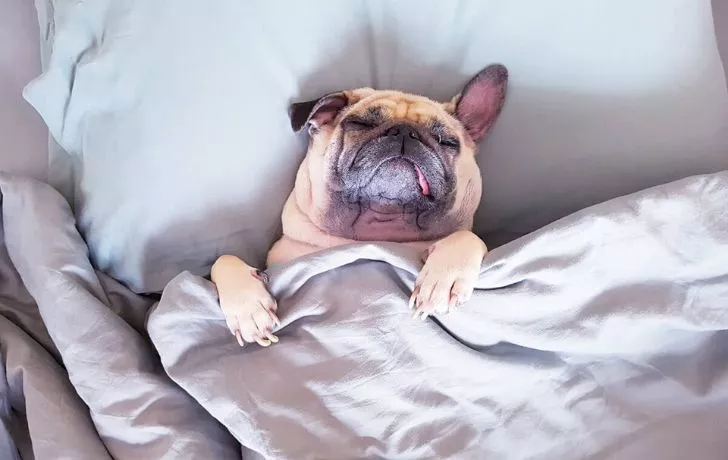
An occasional night of poor sleep is something we all go through sometimes, but it should not turn into a habit.
This is particularly important for teenagers and younger adults who are the most vulnerable age groups.
Because they are still developing, they desperately need that precious sleep time to help them restore.
Adults often tend to neglect symptoms such as fatigue and exhaustion, because they try too hard to get everything done on time.
Although everyday life puts many challenges and obstacles that threaten to hinder our sleep, people should not let that jeopardize their health.
By putting things in the right perspective and acknowledging the importance of a good night’s rest, you are making the essential first step towards better sleep.

